“As to slavery,” said the alderman, “talk about slavery, -there is no slavery in the world like this.”
Many people living today cannot even imagine the horrors that many of our ancestors had endured. What really bothers me the most is when I read about young children being abused, tortured and or enslaved.
One such story you may have never heard of is about the young white slaves of Old England who were called “chummies, chimney sweeps or climbing boys.” These were very small children as young as 4-5 years old who were sold by their parents and bought by brutal dictatorial businessmen who enslaved them to clean fireplaces by making them climb up and down filthy flues.
As their working conditions were miserable, they were often stabbed in the feet with pins or fires were lit beneath them by their masters in order to force them to climb up the dangerous chimneys.
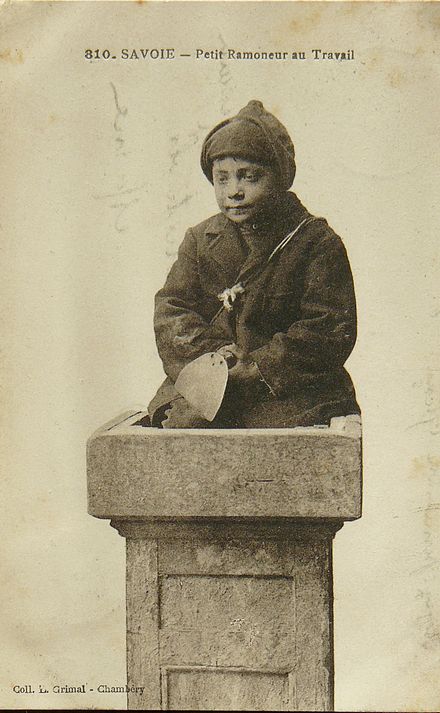
Many of these kids were called “white niggers” as a result of their skin being permanently sooted in a black coat of ash in which they rarely showered and often they had burns from the fiery coals.
They suffered from joint deformities, burns and cancer and it was not uncommon for the children to die suffocated by the soot or burned to death by the intense heat.
This 1840 cartoon drawing from the Brittish Museum is called “Green Eyed Chummy.”
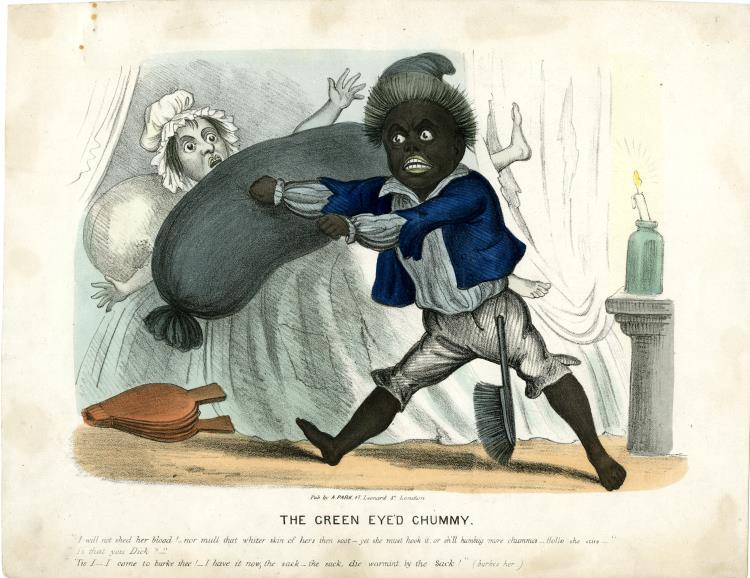
In a work titled, “Tit for Tat,” the author explains why they were given this name;
“There is a race of beings, by the initiated facetiously denominated ‘chummies,’ which exists only in humane Britain. Outside barbarians call them chimney sweeps. This race is black, not from blood, but from soot.
I beheld specimens of these crippled, distorted, bleeding bits of humanity, and at sight was taken down by a sympathetic fever’”
When you read below what happened to some of these poor children, you cannot help but imagine the horror, pain, and loneliness they must have endured.
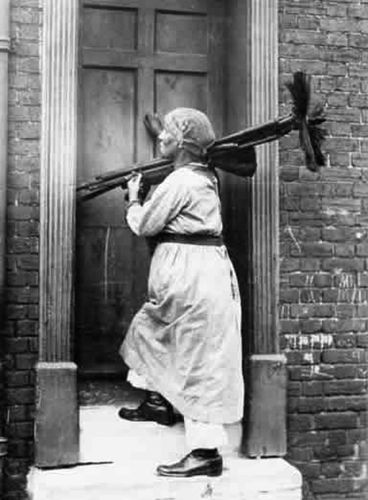
I believe that some of these stories are a wakeup call to people today so they understand our brutal pasts and also comprehend the psychopathic nature of many modern humans whose vileness seems to run in their DNA. Meaning, that psychopathy has been passed down to them through their blood and who they are today is often a result of the demon spawn/parasites that were birthed internally as a result of their iniquities of their ancestors.
By the way, this same evil business practice occurred in France, where the chimney sweepers were most often young Savoyards.
In the book, the author shows from official government reports that were approximately four thousand infants employed in England, instead of sweeping machines, to climb up and clean down chimneys. At the time, there was a law which was supposed to abolish this kind of slavery, but English master-sweeps and the English public find that it is cheaper to employ children.
Here is a detailed account of the white negro slave children called “Chummies” from the book “The Condition of Women and Children Among the Celtic, Gothic, and Other Nations” by the Irish Author John Macelheran;
“This law to put down all the atrocities of climbing children is essentially a law to protect the children of the poor, even from their own parents, who, I am sorry to say, are among the very foremost to sell their children into this slavery. The evidence on the committee before the bill was passed was most revolting, was most overwhelming. It was an opprobrium upon any civilized country.”
The evidence which led to this law showed that many thousands of children were found to be exposed to the most hideous cruelties, burned and roasted alive, tortured by brutal and drunken masters, driven up chimneys in flames, falling down chimneys on fire, going into boiler slues so hot that they were obliged to have boards put under them to prevent them from being gridironed alive;
and in addition to all this, the children were constantly sold by their parents and masters for five shillings a head to undergo all this iniquity. It was impossible to educate them, because they were never able to herd with any others in their own class. Scarcely any of them could read or write.
Very rarely washed, they slept upon heaps of soot in most revolting cellars; they had little or no food given them, except the broken victuals that they begged at the houses where they were employed.
They began this incarnate degradation as young as five years of age, when our own children have not escaped from the nursery. And, finally, by their constant contact with the soot, they laid the seeds of a most revolting cancer, (called chimney sweep’s cancer,) which frequently terminated their existence under circumstances of the most offensive suffering.”
The poor children, in their first essays, find it almost physically impossible to climb up the narrow, crooked chimneys; but with the black cap drawn over their faces, up the fearful passage they must go. Their natural repugnance to the business must be overcome by the most unflinching brutality.
“A child is put up a chimney, and if he will not climb, the master puts his hand under him, and runs some sharp instrument into him. Generally, I believe, an old boy is sent up after him with a pin, or a shoemaker’s awl, and sometimes fires have been lit under a child, who is thus driven up to escape the flames.”
The following extracts are from minutes of evidence taken before the select committee of the House of Lords, appointed to inquire into the expediency or inexpediency of the regulations contained in the Chimney Sweeper’s Regulation Act Amendment bill, and to report thereon to the House, at the session of 1852–3, and ordered to be printed June 7, 1853:
“Was all that established by evidence in a court of justice 2 – Precisely. The Lord Chief Baron entered into the case minutely, and told the prisoner at the bar, in his judgment, in addition to causing the death of the boy, he was punishable, by allowing a child at so tender an age to sweep chimneys at all. His lordship then said, on the prisoner being found guilty, that the case, from its atrocity, required some consideration; therefore he should defer his sentence. On the following day, the prisoner being brought up to receive sentence, his lordship observed, that the prisoner had violated a law intended to do away with the cruelties practised on young persons employed by individuals in the business which he, the prisoner, followed, and that he had, besides, caused the death of a fellowcreature by the course he had pursued.
After commenting on his crime, his lordship said he hoped the punishment he was about to inflict would act as a warning to all persons, and he sentenced the prisoner to ten years’ transportation.
The date of this case was August, 1847. The next case bears date December, 1850. Stephen Ratcliffe, eleven years of age, was employed by his master, William Davies, of Manchester, to cleanse the slues round a steam engine boiler. He and another boy went into one of the slues, the master being engaged in clearing away the soot, as the lads brought it to the mouth of the slue.
After some time, the master called out for a doctor, stating that he believed the boy Ratcliffe was dead, which proved to be the case. About twenty minutes after the deceased was taken away, a person went into the flue which the child had been sweeping, and found the heat so great, that, to use his own words, he ‘would not have liked to have kept his hand there more than five or ten minutes.’
The dead boy was found about ten feet down the flue. He had been out before, and complained of the heat; he was afterwards heard to cry. On examination of the dead body, there was a burn found on the left shoulder, another on the left arm, and a third on the left hip; both his ankles, his face, and his ears were also burned. Some of the burns were severe, the skin being off; the internal organs were found congested with blood, and gave evidence of the child having died of suffocation.
The verdict returned by the coronor’s jury was, ‘Accidentally suffocated in a heated flue.’ That is all that follows the murder of this child.
In the year 1850 this is the only result of such a frightful case. “Was the man never put on his trial 2 No. In February, 1850, at Nottingham, a boy named Samuel Whitt, ten years of age, was sent up a chimney, in the grate of which was smouldering a small portion of fire.
As the child remained some long period without attempting to return, and made no answer when called, an elder boy was sent up the flue to bring him down; but finding the child jammed fast in the chimney, beyond all power of extrication, the elder boy was obliged to return unsuccessful.
A bricklayer was then employed to cut a passage through the wall; but this process, being difficult, from the extreme thickness of the building, and likely to occupy much time, was abandoned. The elder boy was again sent up the chimney, when, taking hold of the little boy by the legs, he suspended himself from this child of ten years of age; a third person below attached himself to the legs of the second boy, and thus they attempted to drag him down, by doubling the weight.
By these means the unfortunate child was torn away in an almost lifeless state, half naked, bleeding, and bruised; and, after lingering many hours in dreadful torture, death, more kind than man, put an end to his existence. “What was done upon it !
The result of this in the town of Nottingham showed that the master did not possess any machinery; the child’s murder never caused any sensation in the place, and the master was unvisited with any punishment whatever.
“Was there any verdict of the coroner? No notice seems to have been taken of it at all. There are two cases which go back to 1848; in one case a sweep was stolen from Nottingham, and brought to the chimney sweeping trade in Hull.
In another case, a child was proved to have been sold five different times to as many different master sweeps; and, at last, this coming before the magistrates on sworn testimony, the child was brought forward in court by a stout, middleaged woman, Mrs. Chapman, in whose care he had been put by Mr. Perritt, surgeon. The lad was unable to walk, and was placed by the woman on the table.
On partially removing a large shawl which covered him, and taking away from him certain cloths which were wrapped round the right arm and both legs, their appearance gave a very shocking sensation to the magistrates, who found both knees very much swollen, and also the ankles and the right wrist, the nurse who put him on the table saying that both his legs were as soft as a mummy. “What was the age of the child 7–Ten years of age.
The boy, and other witnesses corroborating him, informed the magistrates that in this enfeebled condition he had been carried on his master’s back from place to place, as he was unable to walk, and had been forced to go up and clean several chimneys.
The boy stated that his master had beaten his arm with a boot, which caused the swelling of the wrist; and in this state he was carried to climb twelve chimneys on Saturday morning. The day before this evidence was given, after this child had swept two chimneys, he was taken and laid under the window of Mr. Maloney, and thence removed on the back of a man named Batty, to sweep other chimneys.
The surgeon, on being examined, deposed that he was called in to view the child on the day before the testimony was given, and that he considered the child’s life to be in danger. Alderman Cookman, the magistrate, who tried the case at Hull, declared from the bench that such a state of things was so horrible that he would see the master should be prosecuted, and he would pay the expenses himself.
“As to slavery,’ said the alderman, “talk about slavery, -there is no slavery in the world like this.’

Moe is the founder of GnosticWarrior.com. He is a father, husband, author, martial arts black belt, and an expert in Gnosticism, the occult, and esotericism.

![How miracles of healing have been frequently wrought in the place where King Oswald was killed; and how, first, a traveller’s horse was restored and afterwards a young girl cured of the palsy [642 A.D.] | Book 3 | Chapter 9 How miracles of healing have been frequently wrought in the place where King Oswald was killed; and how, first, a traveller’s horse was restored and afterwards a young girl cured of the palsy [642 A.D.] | Book 3 | Chapter 9](https://www.gnosticwarrior.com/wp-content/plugins/contextual-related-posts/default.png)
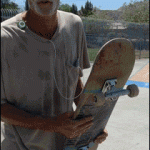
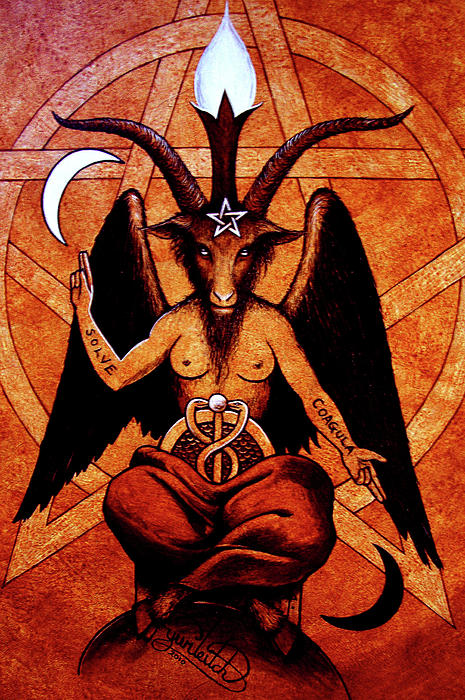

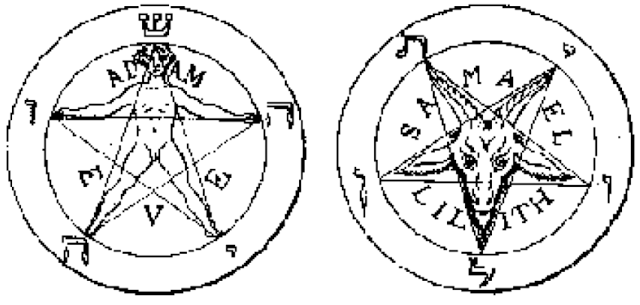

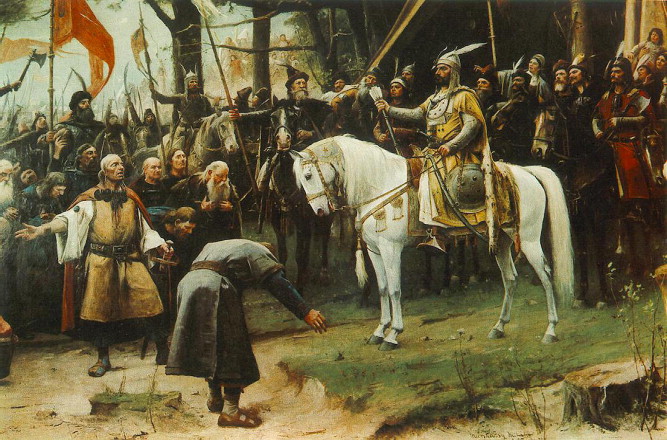
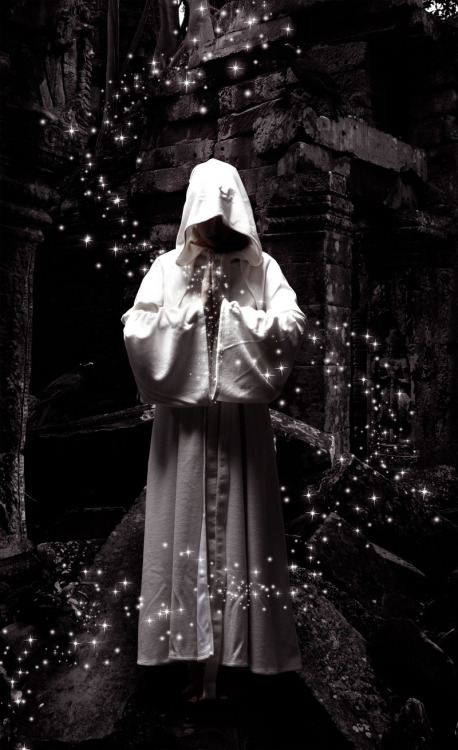
Wonder if Mary Poppins is showing this atrocity all wrapped up as children’s entertainment?! 🤬